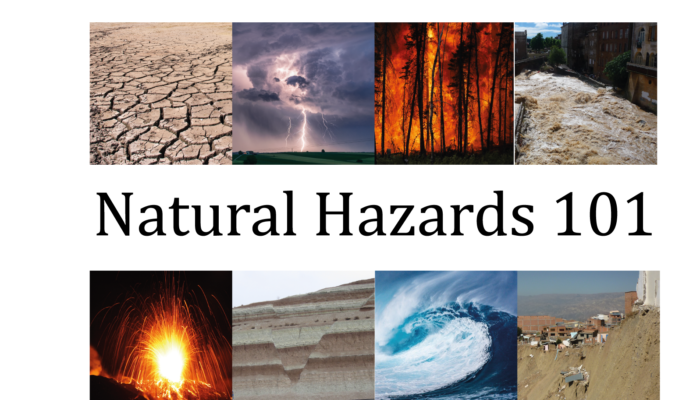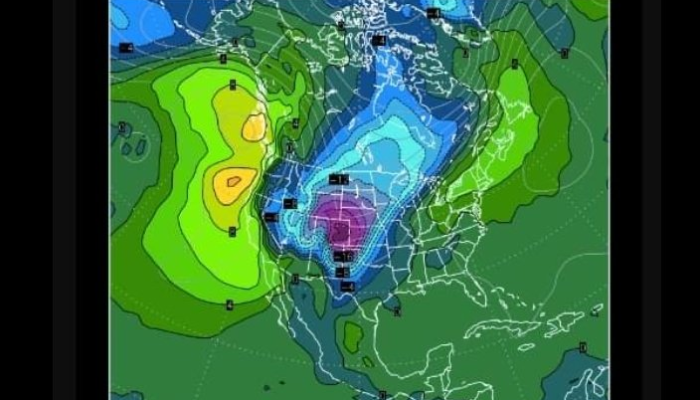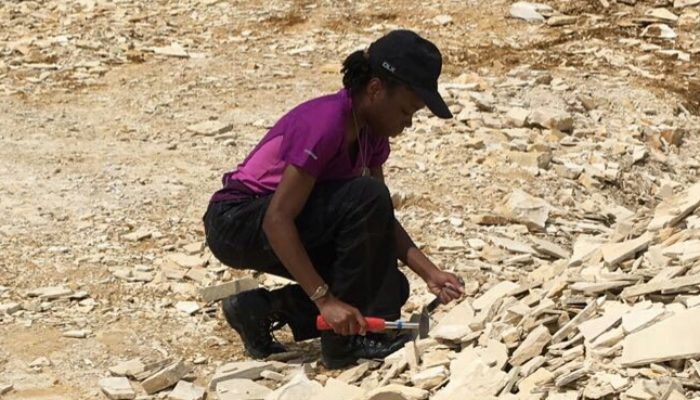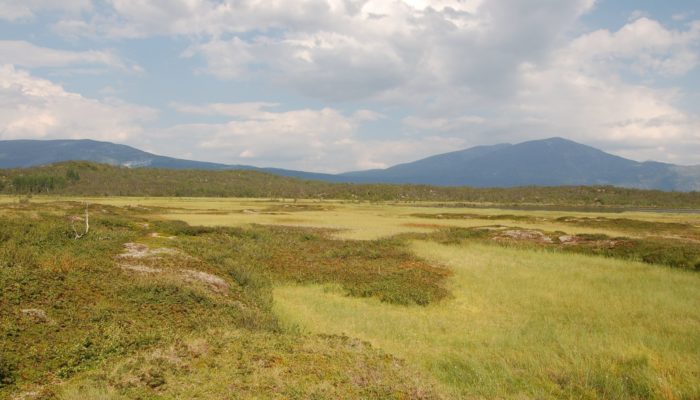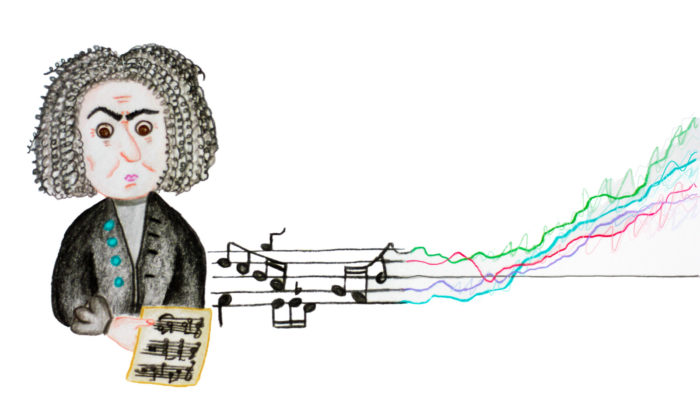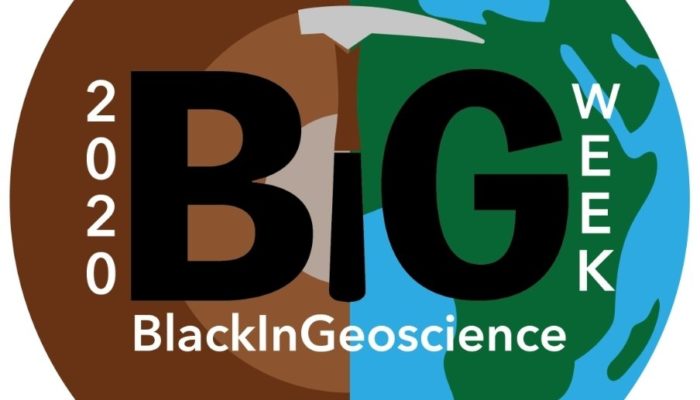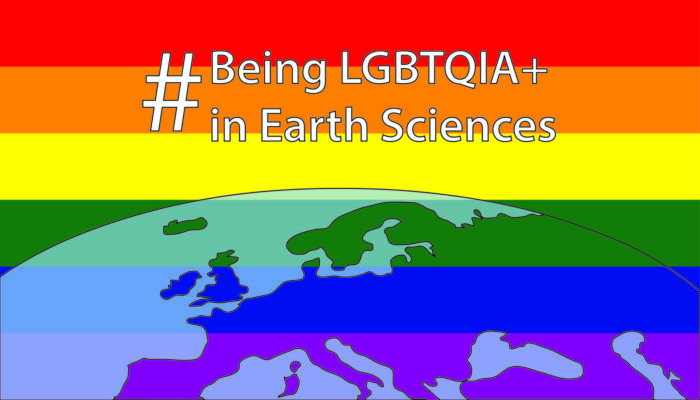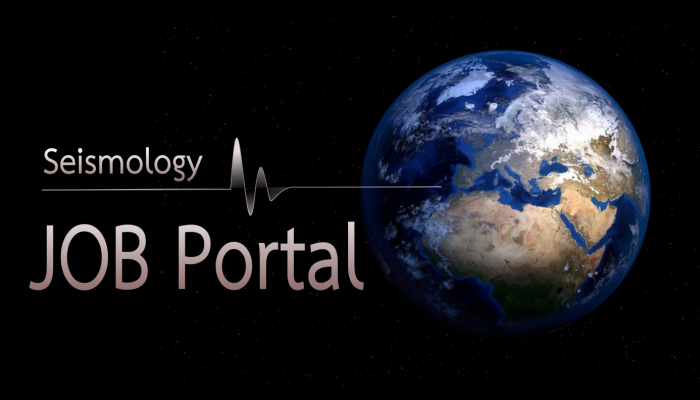We often talk about different natural hazards, how researchers investigate them and solutions to mitigate their effects on society, infrastructures and the environment. However, we have never really stopped for a moment to define a hazard, a natural hazard and much of the terminology in the field that can sometimes be evasive and not so straightforward to understand. Thus, we start this series of ...[Read More]
If you didn't find what you was looking for try searching again.
Nonlinear Processes in Geosciences
Is climate change making the weather more extreme?
Denver, Sept. 06: it is midday and Jonathan and Maria are sunbathing at City Park. They feel uncomfortable as the temperature has already reached 36°C. While they decide to go back home, their favoured weather app displays an unbelievable snowstorm watch for Tuesday Sept. 08. The forecast turns out to be rather accurate as all Colorado experiences one of the earliest snowstorms on record in Septem ...[Read More]
GeoLog
GeoTalk: Nadine Gabriel, creator of #AreYouSiO2? and Assistant Curator of Fossil Mammals.
Hi Nadine, thanks for speaking with us today, can you tell us a little bit about your background and how you got to where you are now? Thank you for inviting me! I’m a geologist and the Assistant Curator of Fossil Mammals at the Natural History Museum, London. I studied MSci Geology at University College London and I absolutely enjoyed the subject. It was really interesting to learn about the geol ...[Read More]
Cryospheric Sciences
Climatic drivers of permafrost mounds in North American peatlands
Permafrost, or perennially frozen, peatlands are among the world’s largest terrestrial carbon stores and are particularly threatened by warming climates. Understanding how modern climate controls the distribution of permafrost peatlands is crucial for making confident predictions of their past and future extents. What are permafrost peatlands? Peatlands are wetlands that develop where cold, wet co ...[Read More]
Geodynamics
The Sassy Scientist – Picturing The Perfect Petting Zoo
Kamal is happy, trotting around academia with a laptop in one hand, a cup of coffee in the other, and a faint grin on his face as he contemplates how to tackle the next big questions in geodynamics. Amazed that others do not consider academia as a radiant beacon on the horizon of potential career pathways, he is curious: If you were not a scientist, what would you be? Dear Kamal, I suppose I would ...[Read More]
Climate: Past, Present & Future
Climate models and Bach’s unfinished fugue
Johann Sebastian Bach’s last work – Contrapunctus XIV – is an unfinished musical composition. For many years, scholars considered that this piece was left unfinished because of Bach’s deteriorating health in his final years and eventual death. However, researchers recently found evidence that Bach might have left this piece intentionally unfinished, as he thought that there was still room for impr ...[Read More]
Geodynamics
The two faces of Mars
In this week’s blog post, we will learn more about the past of our neighbouring planet Mars. Kar Wai Cheng, PhD student at the Institute of Geophysics at ETH Zurich, is talking about the Martian dichotomy and how it could have formed. Humans have recognized Mars for a very long time. One of the earliest records of Mars is seen on a skymap in the tomb of an ancient Egyptian astronomer. By tha ...[Read More]
Hydrological Sciences
Water Researchers of Color experts in their fields
The Water Researchers of Color (WaterPOC) database is a resource that aims to add to numerous efforts in the last year to raise awareness of Black, Indigenous, and people of color (BIPOC*) in science, in this case specifically multiple disciplines intersecting with water. This resource mirrors many others, such as 500 Queer Scientists and 500 Women Scientists and numerous other databases [1], whic ...[Read More]
Geochemistry, Mineralogy, Petrology & Volcanology
The Challenges of Being LGBTQIA+ in Earth Sciences
Did you know that political leaders in some European countries declare LGBTQIA+ as a totalitarian “ideology” that is “worse than communism” or compare gay adoption to pedophilia? This may sound unimaginable these days but those are statements that were proclaimed just recently, within the past years! The ILGA Europe publishes a review of the human rights situation of LGBTQIA+ people in Europe each ...[Read More]
Seismology
Seismology Job Portal
On this page, we regularly update open positions in Seismology for early career scientists. Do you have a job on offer? Contact us at ecs-sm@egu.eu Please, note that other available research positions are displayed on the EGU Jobs Portal.

